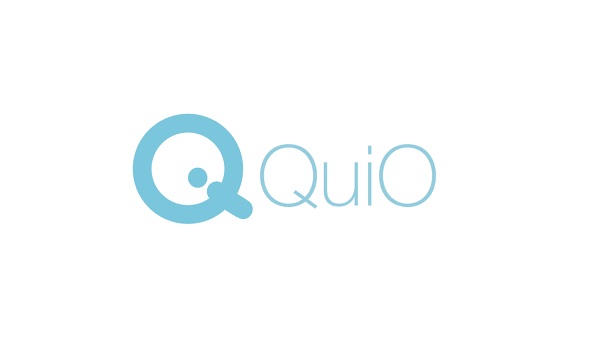QuiO raises $1m to develop connected digital injector

Digital health specialist QuiO has raised $1 million in seed funding to commercialise its connected injector technology.
The money will now go towards the final development and marketing of its key medical device – the Smartinjector.
The Smartinjector attempts to improve medication adherence, particularly in chronic disease patients, by using Internet of Things (IoT) technology to monitor self-injection. The device records injection performance and wirelessly communicates data to a web-based platform.
This allows caregivers to remotely access analytics information, such as injection quality and dose delivery, to allow for timely intervention if needed. Third party devices can also be connected to the platform to provide a complete view of a patient’s health.
"With over 15 million Americans prescribed an injectable therapy today, we see a large and growing need for a comprehensive drug delivery and adherence monitoring solution," says Alex Dahmani, co-founder and CEO of QuiO. "Injectable therapies, including biologics and biosimilars, represent the future of medicine, making up nearly half of the pharmaceutical pipeline. These are amazing therapies, and our technology is designed to help them reach their full potential."
Dahmani said this could also apply to moving cancer therapies out of the clinic and into the home.
The issue of medication adherence is a growing problem in healthcare, particularly in those with self-injectable therapies. Average adherence rates of around 50% results in around $14 billion in avoidable medical costs in the US alone.
Other companies are active in the field of IoT technology. In August, tech giant Philips – already a particularly active company in the space – revealed a new partnership with Qualcomm Life to focused on personalised health devices. Qualcomm’s 2net technology will act as the connectivity solution for Philips’ cloud-enabled digital platform HealthSuite.
IoT technology is also helping re-vamp older tools to aid adherence, as evidenced by EllieGrid, a ‘smart’ pillbox aimed at improving medication adherence in people with depression, which recently won an open innovation competition hosted by Takeda.












